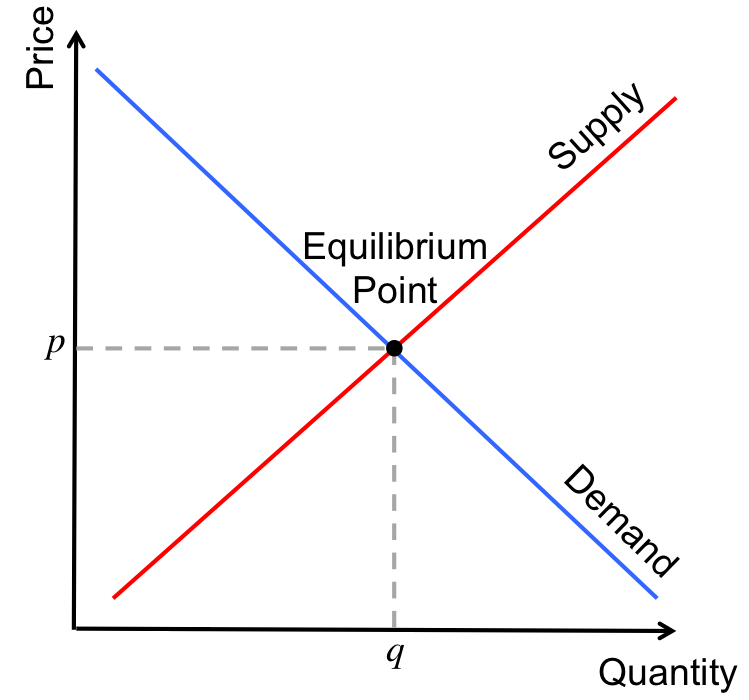AP Econ. : Perfect Competition FRQ
1/23
There's no tags or description
Looks like no tags are added yet.
Name | Mastery | Learn | Test | Matching | Spaced |
|---|
No study sessions yet.
24 Terms
Conditions for Perfect Competition
I. Many producers each w. small market share
II. Firms producing a standardized product
Profit-maximizing Rule/Optimal Output Rule
Market Price EQUALS Marginal Cost
When is a firm profitable?
Depends on whether a market price of tomatoes is MORE or LESS than the farm’s minimum average total cost
I. If the firm produces a quantity at which P>ATC, the firm is profitable
II. If the firm produces a quantity at which P = ATC, the firm breaks even
III. If the firm produces a quantity at which P<ATC, the firm incurs a loss
Profit FROM perfect competition curve
P= TR- TC= (TR/Q-TC/Q)*Q
Economic Profit = (Price Average - Total Cost) * Q
Price is set FROM the…
supply/demand OR market curves

To find profits or losses,
LOOK AT AREA BETWEEN THE POINT ON THE ALIGNING POINTS OF THE MC AND ATC CURVE
If the ATC is BELOW the price line, look for profits
If the ATC is ABOVE the price line, look for the losses
At the price line,
P = D = MR
Net gain
MR-MC
Break-even price
The minimum ATC of a price-firm, earns 0 profit
Short-run production + Shut-down price
How an individual firm’s profit maximal level of output depends on market price, depending on fixed costs
Shut-down price
Equal to minimum average variable cost, cease product if MP falls below
(If MP is greater or equal to, firm should continue to produce)
Short-Run Firm’s Supply Curve
Shows how an individual firm’s profit maximizing level of output depends on market price, taking the fixed cost as given
Long-Run production
Price below the break-even pointing the long run will lead for firm exit and price above the break-even point will lead to firm entry
Industry Supply Curve
Shows the relationship between the price of a good and the total output of the industry as a whole
Short Run Industry Supply Curve
Shows how the quantity supplied by an industry depends on the market price, given a fixed number of firms
Long Market Equilibrium
Regresses and Revives until firm breaks-even
Efficiency in the Long Run
Firms producing as much as it can at the lowest price it can to MAXIMIZE benefits to customers = P will equal marginal cost = Allocative Efficiency
Firms earn zero economic = P equals minimum ATC = Productive Efficiency
Total Fixed Cost
(ATC-AVC) * Q
In perfectly competitive markets,
sellers will only be able to sell at market price, as consumers would go to another company other wise
ATC shifts up when..
price increases
Remember to address firms entering the industry when prices ———-
increase
To determine profits on an ATC curve in the long-run,
use area under the curve
WHEN PRICE INCREASES
leave ATC curve where it is, MC is new quantity demanded
Distance between MC and ATC is the
profit/loss
AGAIN above is loss, below is profit